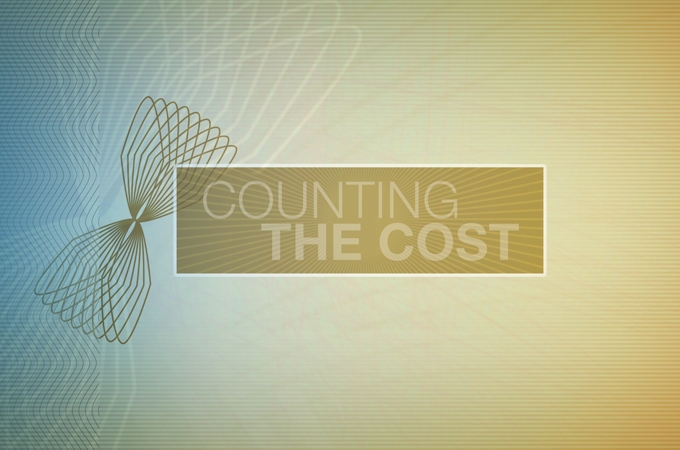
An economic crossroads
It is economic decision time and we are cutting through the jargon to explain how it affects your part of the world.
From Berlin to Beijing to Washington – elections, leadership changes and re-making the euro.
It is decision time and we are cutting through the jargon to explain how it affects your part of the world.
The European Central Bank (ECB) will unleash the mother of all bond buy-ups, there is the lead-up to the US elections and a new communist leadership in China too.
ECB President Mario Draghi outlined plans to buy “unlimited” bonds to save the euro. But there is the question over Spain needing a bailout. Will Madrid step forward and request funding from Europe’s bailout fund and under what terms? And does Greece need more money from the European Union, International Monetary Fund and ECB?
Then there is the US, which a year ago lost its Triple-A credit rating from Standard & Poor’s.
The concern at the time was ballooning debt and the debt ceiling, so if that did not already annoy the Obama administration then that very debt hitting $16 trillion right in the middle of the Republican National Convention sure would have. That is not to say it did not rise under President George Bush too, but it is the sort of thing that could return to haunt Washington, post-elections.
And China’s a feature too – the economy there is slowing, local authorities are piling on debts and banks are even setting aside money for bad loans.
The economy could slow below the government’s target of 7.5 per cent.
But with new leadership about to be installed, who is going to be thinking about big economic change?
That is a lot of questions. To answer them we have invited two prominent economists onto the show. From Swiss bank UBS global economist Paul Donovan and the lead economist from the World Economic Forum Jennifer Blanke.
Plus our correspondent Andrew Simmons went to Catalonia, one of three Spanish states that have requested billions from Madrid. It is a region that cannot afford to pay its public service workforce. In one traditional Catalan restaurant, Andrew spoke to Jose Gomez who has worked in the restaurant since he was 15 years old and now fears for his future.
“I”m scared because I’m 55 years old and I don’t want to find myself unemployed in the last years of my life like so many people,” Gomez said.
Plus, food prices are near 2008 record highs after a catastrophic drought in the US and poor crops in eastern Europe. But it is the poor who are being hit the hardest. Our correspondent Peter Greste went to Nairobi’s Kibera slum to meet people like Flora Moka, who makes a living collecting fire wood.
“Even if I earn about a dollar twenty in one day, it still isn’t enough for me to buy food I need for us,” Moka said.
Now all that said there is some conjecture over how acute any food price crisis might be right now. For a better insight we are joined by David Hallam, the director of the Trade and Markets Division at the United Nation’s Food and Agriculture Organization.
Watch each week at the following times GMT: Friday: 2230; Saturday: 0930; Sunday: 0330; Monday: 1630. Click here for more Counting the Cost. Follow Kamahl Santamaria @KamahlAJE and business editor Abid Ali @abidoliverali |
